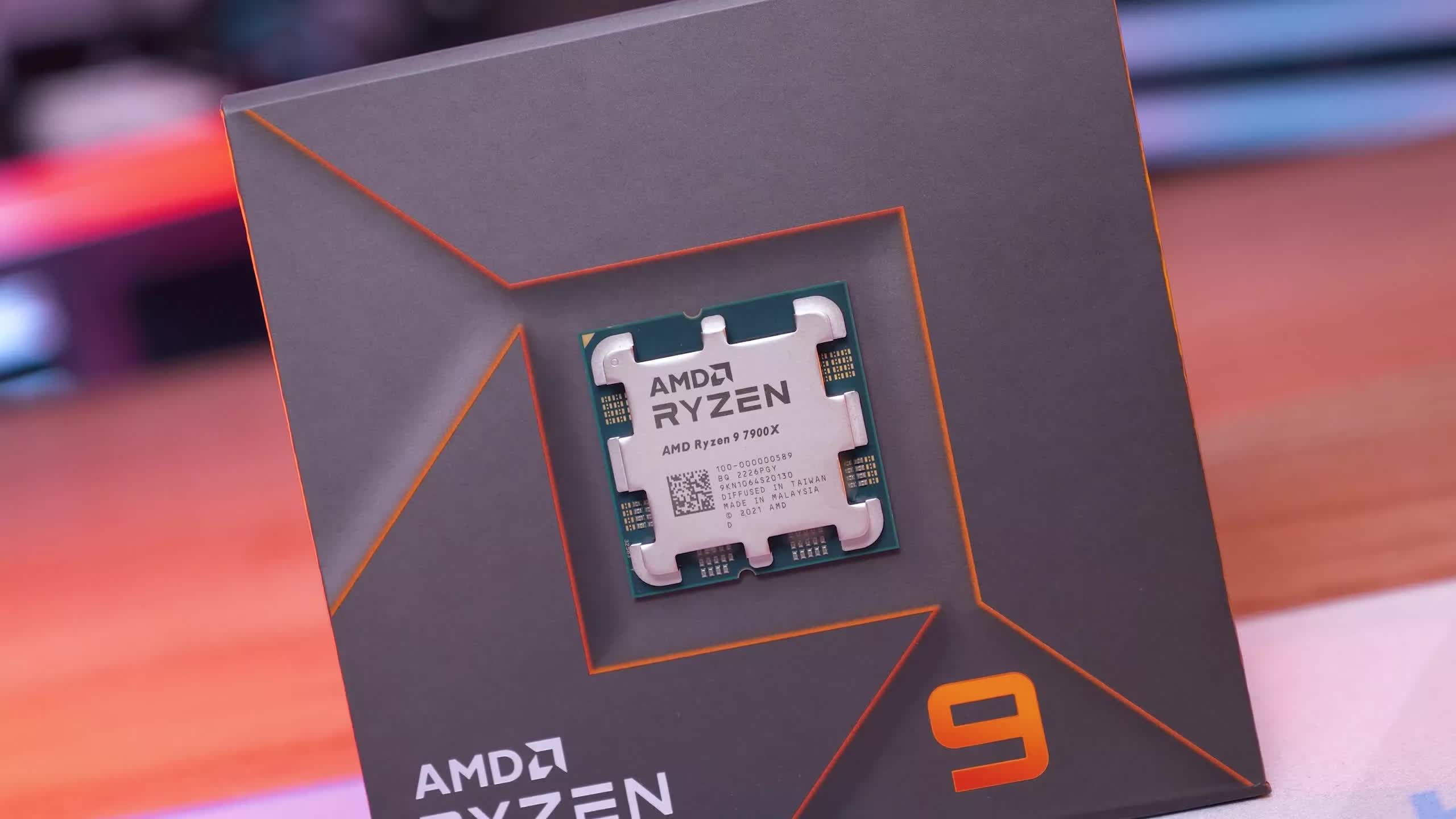Posts: 397 +5
In brief: AMD's Zen 5 series chips arrived earlier this month to some salty reviews over the performance discrepancies that didn't reflect the promised uplifts. Not long after, the chipmaker announced that the problem would be addressed in Windows 11's 24H2 update. But now in an unexpected twist, the fix is landing sooner than expected.

AMD has managed to backport the same Ryzen CPU optimizations to the Windows 11 23H2 build via a new optional update in record time. This comes just a week after the company stated it was "collaborating with Microsoft" to rush out those fixes via an optional patch. Clearly, that effort paid off – users no longer have to wait for the forthcoming Windows 11 update and can enjoy boosted framerates on the current build.
The update that unlocks better CPU performance is dubbed KB5041587, which you can grab through Windows Update by going to Advanced Options > Optional Updates. Once installed, AMD says it expects "the performance uplift to be very similar between 24H2 and 23H2" for Zen 3, Zen 4, and Zen 5 processors.
The fix centers around some branch-prediction optimizations that could only be used with Windows 11's "admin mode" turned on. Our own Steven Walton previously highlighted that the Ryzen 7 9700X churned out 7% more frames in games like Cyberpunk 2077 on admin mode, although this number swung around rapidly depending on the title being tested. At the time, the cause of the discrepancies wasn't known.

AMD later cleared things up with an announcement, singling out poor OS optimization for the branch predictor as the main problem. The company also cited some other possible reasons for the discrepancies between the promised uplifts and what reviewers were seeing, which could be summarized as using different automated test parameters.
A handful of reviewers have already glimpsed the potential performance uplifts in preview 24H2 builds, with gains in certain titles sometimes reaching double digits, though slight regression was observed in others. This optional update gives the masses a chance to experience the improvements themselves.
We know for a fact these optimizations deliver as promised, which means we'll see a boost for AMD's new Ryzen 9000 processors in gaming tasks, but perhaps even better, those same optimizations boost previous Zen 4 releases as well.
AMD Zen 5 CPU boosting update backported to Windows 11 23H2, arriving sooner than expected